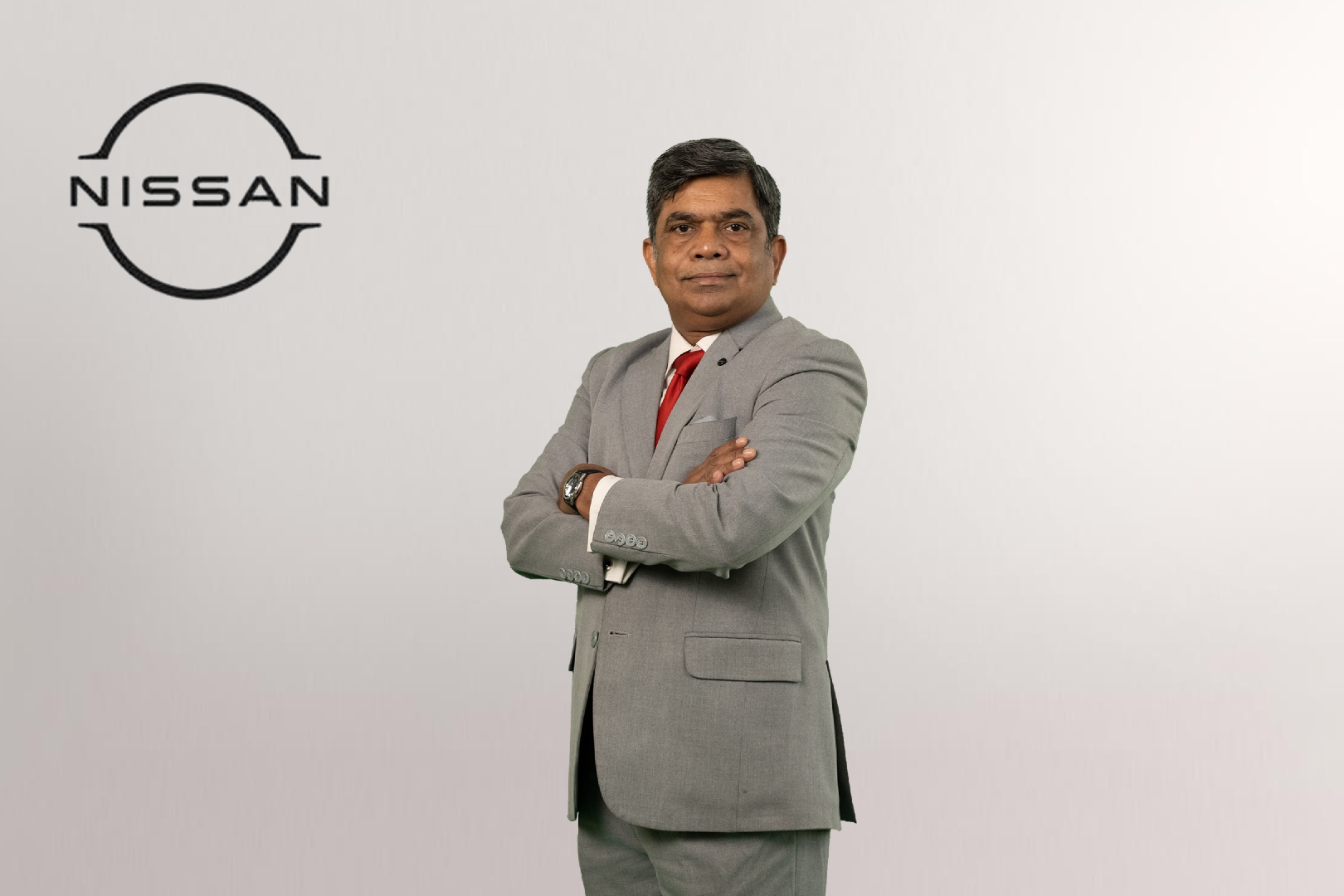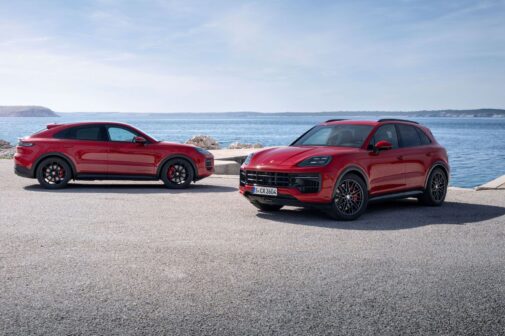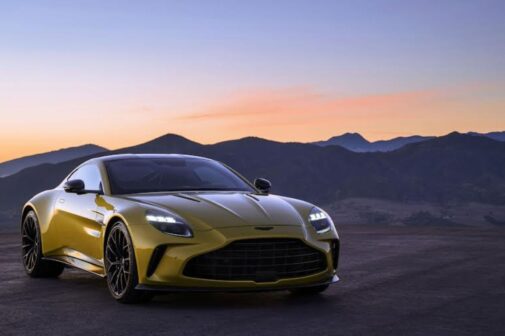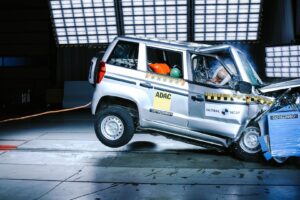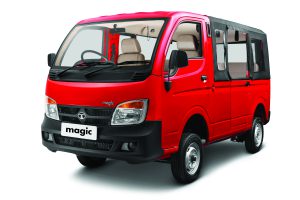Motoring World: We’re excited that the Nissan Magnite is doing well. What comes after that for Nissan in India?
Rakesh Srivastava: Launching a new product in itself was a big challenge for us in these COVID times. With the start of this pandemic, everything came to a grinding halt. In my 20+ years in the industry, I have never experienced a single month of zero revenue, so it was quite painful. The silver lining was that we were enduring this pain for the benefit of society at large. During this time, to launch a new product itself was a big challenge. To restart production, bring a new product and engage with everyone was a joy in itself. We implemented a transformation plan called Nissan Next, which focuses on rationalisation and optimisation of our current line-up. The Maginte is a key part of this strategy. Going forward, we’d like to bring more Magnites onto the roads first, that is our priority. To that end, we have employed 1000 more people at our plant and have even started a third shift to cater to current demand.
MW: The Magnite comes with a pair of petrol engines with multiple transmission options. Is there a plan to add a diesel powertrain to the range?
RS: We have curated the Magnite’s engine choices keeping current market trends in mind. We researched the preference of technology in our customers and have come to realise that the customers have a strong preference for new technology. Customer preference and the experience they desire showed us that the Indian market is making a strong shift towards petrol. Even within the petrol market, there is a strong preference for automatics, which is why we brought the xTronic CVT as well. A turbocharger also plays a strong role in the performance of the car, so we offered a turbocharged engine in our range as well.
MW: The International version of the Magnite secured a 4-star rating on the ASEAN NCAP, will that rating apply to the model on sale in India as well?
RS: We launched the Magnite in the Indian market first, with the export model produced in the same facility on the same production lines. We export to Indonesia, South Africa and other asian markets from India. The export model for Indonesia was sent for testing and scored 4 stars in the ASEAN NCAP. We can assure you, in the Indian market, the Magnite meets all requirements.
MW: What’s your forecast for the automotive industry in India, post-COVID?
RS: Currently, we are seeing that the Indian auto industry, there is a 13% decline in volumes compared to last year, which might stabilise at around 8% lower than last year overall. The various lockdowns have had their impact, but going forward, we see that on the strength of the recovery the market has shown in the past few months, we are in a strong position for growth. Growth might happen in double digits, between 15% to 20% next year, but it could also be challenged by supply side constraints. Of course, prices will also play a role in this recovery and when price increases happen, growth will be affected again. The overall outlook is definitely positive and the auto industry is one of resilience, innovation and positivity. As far as Nissan is concerned, we will be on the positive side of growth this year and next as well.
MW: Given the current fuel prices, do you see the mass adoption of electric cars in India? And do you have any plans to bring in an EV like the Leaf to India?
RS: An EV is the need of the hour, so we are definitely evaluating our options. As an OEM, we are definitely responsible for our environment, and if not currently, EVs are definitely part of our future plans. The main issue is customer confidence in EVs. Multiple product innovations need to happen for mass adoption of electric vehicles. Support and R&D has to be stronger in India, as well. In addition to that, more investments into battery technology need to happen. Customers confidence on charging infrastructure, time and cost as well. All of these factors along with product affordability will make adoption happen. EV tech also needs to be invested in with volume sales for quicker break even. An EV mission plan is required for the short, medium and long terms. Regardless, we should be looking towards giving the auto industry a challenge through other technology as well — not just EVs — like hybrids or alternate fuels as well.





